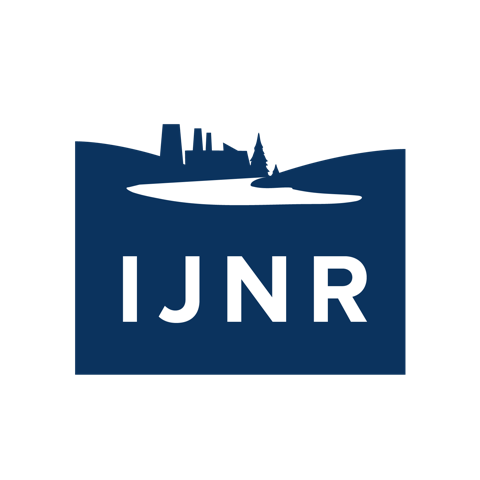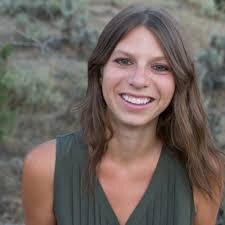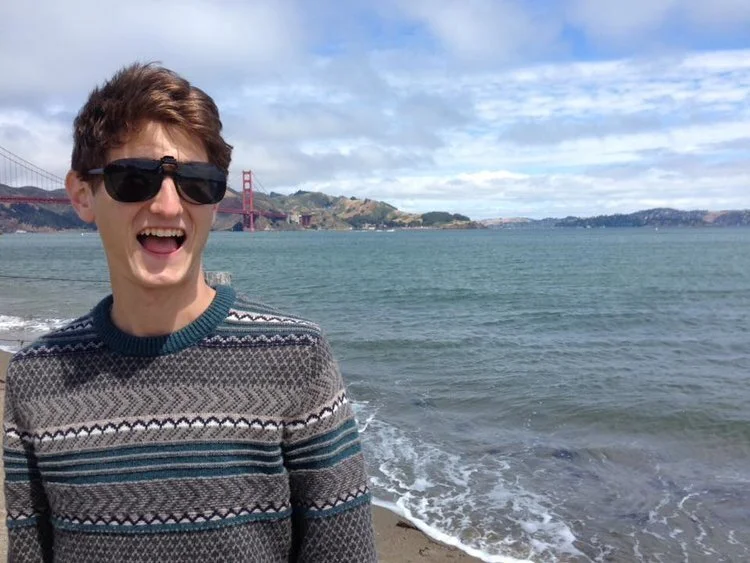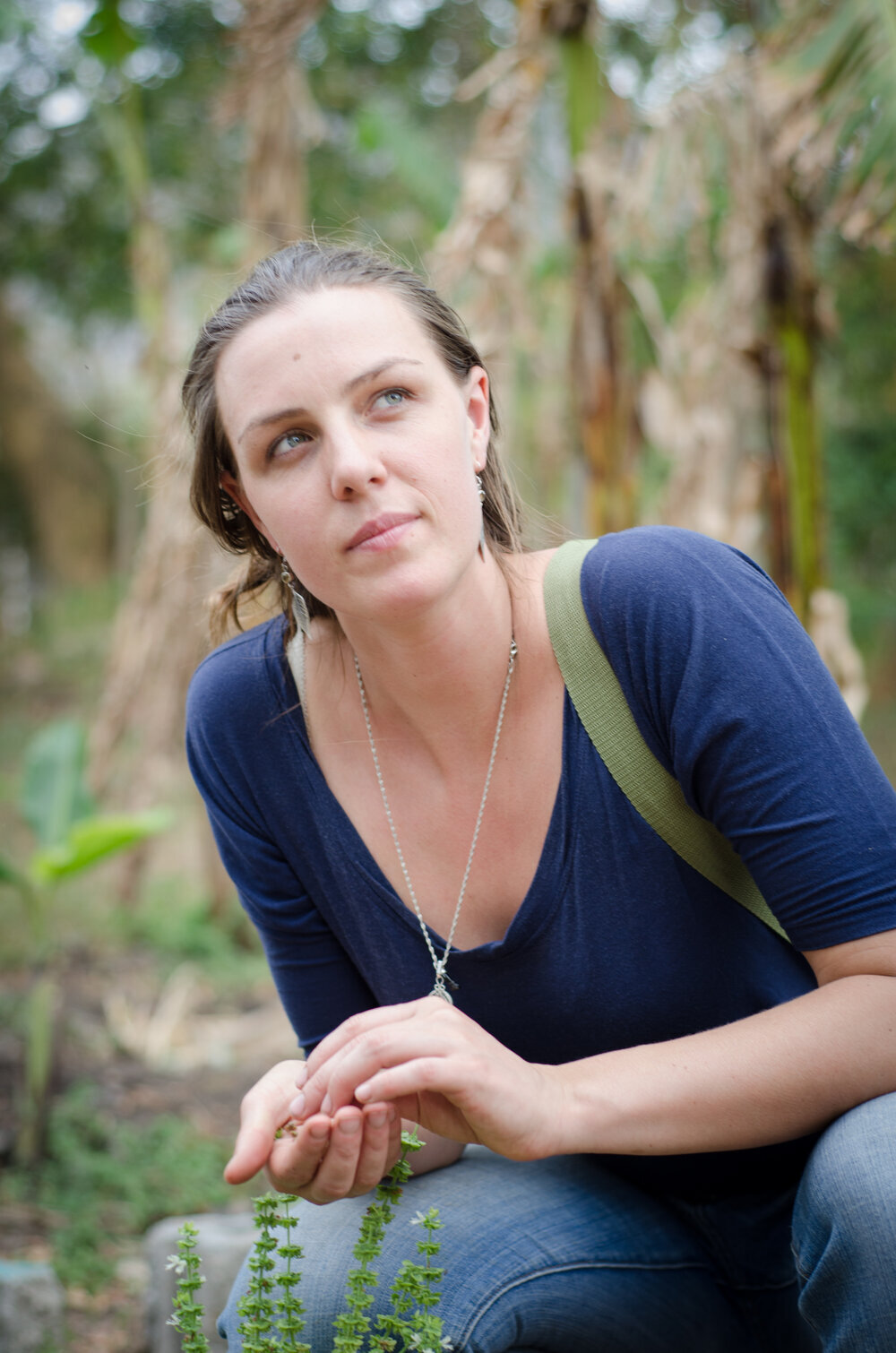The Gulf Coast
Institute (that wasn’t)
March 15 - 21, 2020*
Louisiana and Texas
*In March of 2020, as the COVID-19 pandemic spread and the world began to understand its broad implications, it became clear that IJNR’s long-serving program model would, at the very least, need a hiatus. Onsite, in-person programs that congregate travelers, necessitate close quarters and communal experience, while interacting with multiple new speaker groups daily, are unfeasible during the rapid spread of a novel virus.
After deciding to cancel a program for the first time in our organization’s history, just four days before its scheduled March 15 launch, IJNR faced existential questions: How do we continue to provide meaningful programs that help journalists understand on-the-ground environmental realities without, well, getting them on the ground?
Like many organizations, we realized that the only way we could safely deliver programs was virtually. We salvaged a few speakers from our cancelled Gulf Coast Institute and put them before the selected group of journalists. That series of one-hour sessions, mostly during the previously scheduled Institute week, gave us some insight into what does and doesn’t work with virtual programs. Over the course of the scheduled week, most of the journalists we had selected for our “in person” Institute joined us for virtual sessions on key topics from the Gulf. These virtual participants were able to hear from scientists, fishermen and Gulf Coast residents as they discussed conservation of deep sea coral reefs, impacts of Mississippi River flooding on Gulf fisheries, environmental justice, renewable energy and more.
Here’s what we originally had planned:
Fifteen years ago, Hurricane Katrina slammed into the Gulf Coast, creating a new normal for one of America’s iconic cities. Ten years ago, the Deepwater Horizon drill rig ruptured, slathering Gulf shores with millions of gallons of crude oil. In more recent years, Harvey and Michael pummeled the region, while historic flooding in the Midwest sent a gigantic pulse of freshwater down the Mississippi River and out into the Gulf. And while those catastrophes grabbed headlines, what about the slower-moving, complex natural resource issues that impact people, ecosystems and economies along the Gulf Coast day after day?
IJNR’s Gulf Coast Institute will offer participants an in-depth look at the myriad issues impacting ecological, economic and cultural systems in the Gulf. Held in mid-March of 2020, this seven-day trip will begin in New Orleans and end Houston, visiting numerous communities in between. The expenses-paid program will introduce 18 competitively selected journalists to dozens of expert sources, and addressed a wide variety of topics including:
The Bonnet Carré spillway and impacts of freshwater flooding on marine systems.
Algae blooms and the Gulf’s dead zone.
The BP spill, 10 years later.
Land loss, sea-level rise and efforts to restore barrier islands.
Proposed freshwater diversions, their land-building capabilities and impacts on commercial fishing.
The struggle of wild oyster fisheries and rise of oyster farms.
The resilience of indigenous communities along the Louisiana coast.
The importance of healthy coastal systems to bird migration.
The symbiotic role of crawfish and rice farming in coastal agriculture.
Oil and gas infrastructure’s ongoing impact on the Gulf Coast.
Climate-change effects on deep-water coral systems.
Preparing for future storm surges in Galveston Bay.
Houston’s complicated relationship with climate change.
Environmental justice in the land of petrochemicals.
Meet the Fellows of the 2020 Gulf Coast Institute:
The Gulf Coast Institute was made possible in part by The McKnight Foundation, the Walton Family Foundation, and other foundations and individuals.
IJNR maintains editorial independence and control in all of its programming and decision-making.























